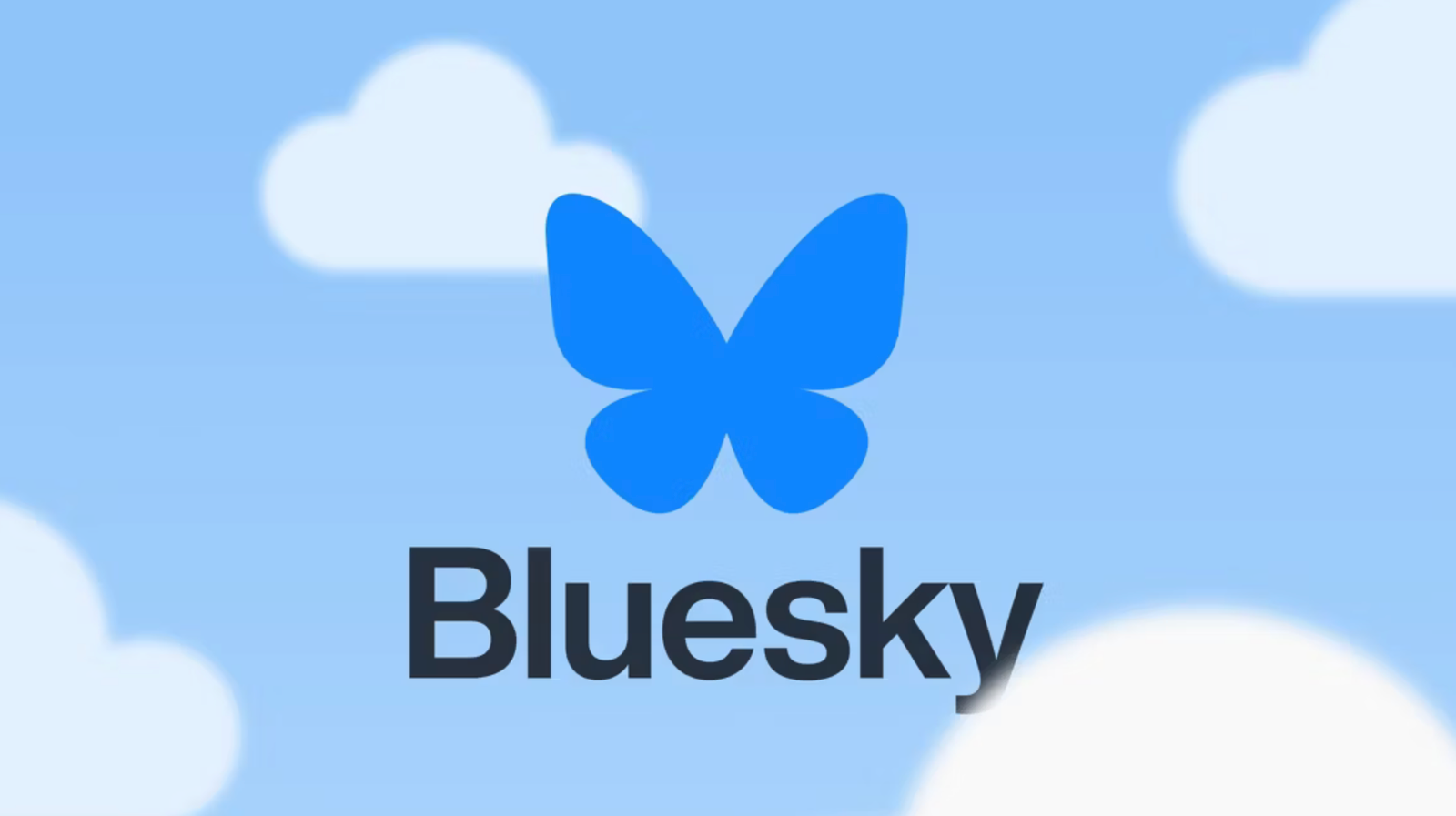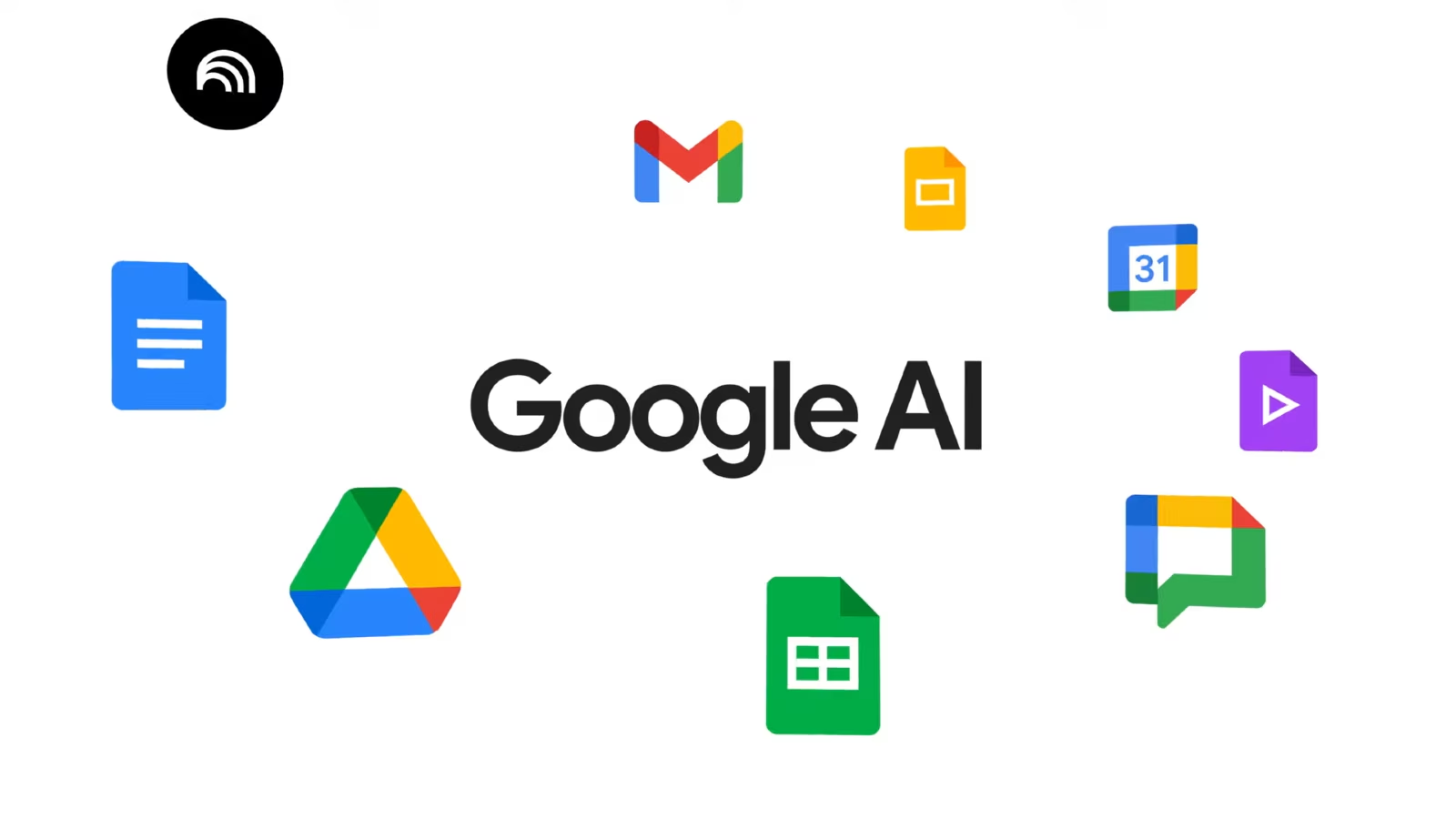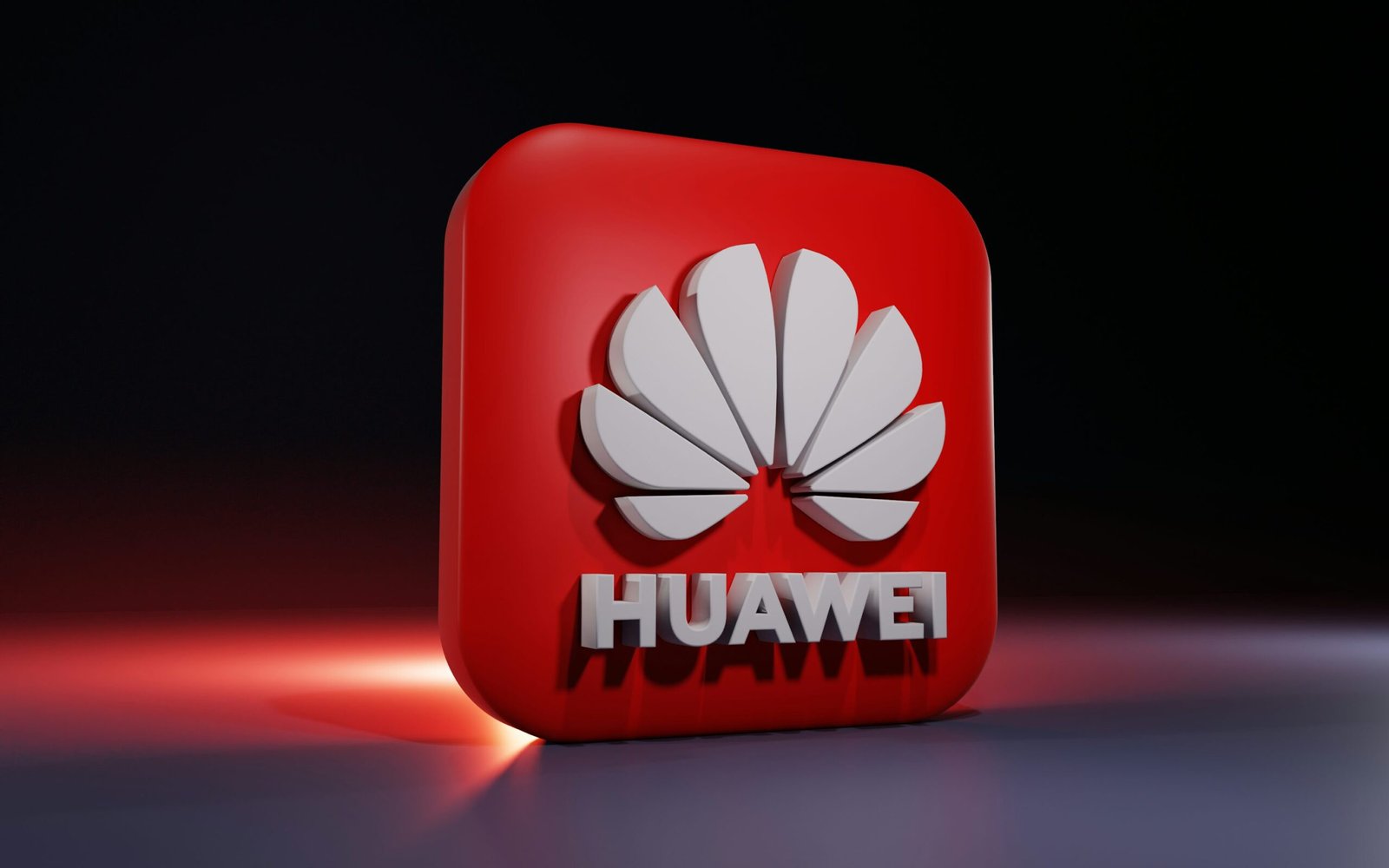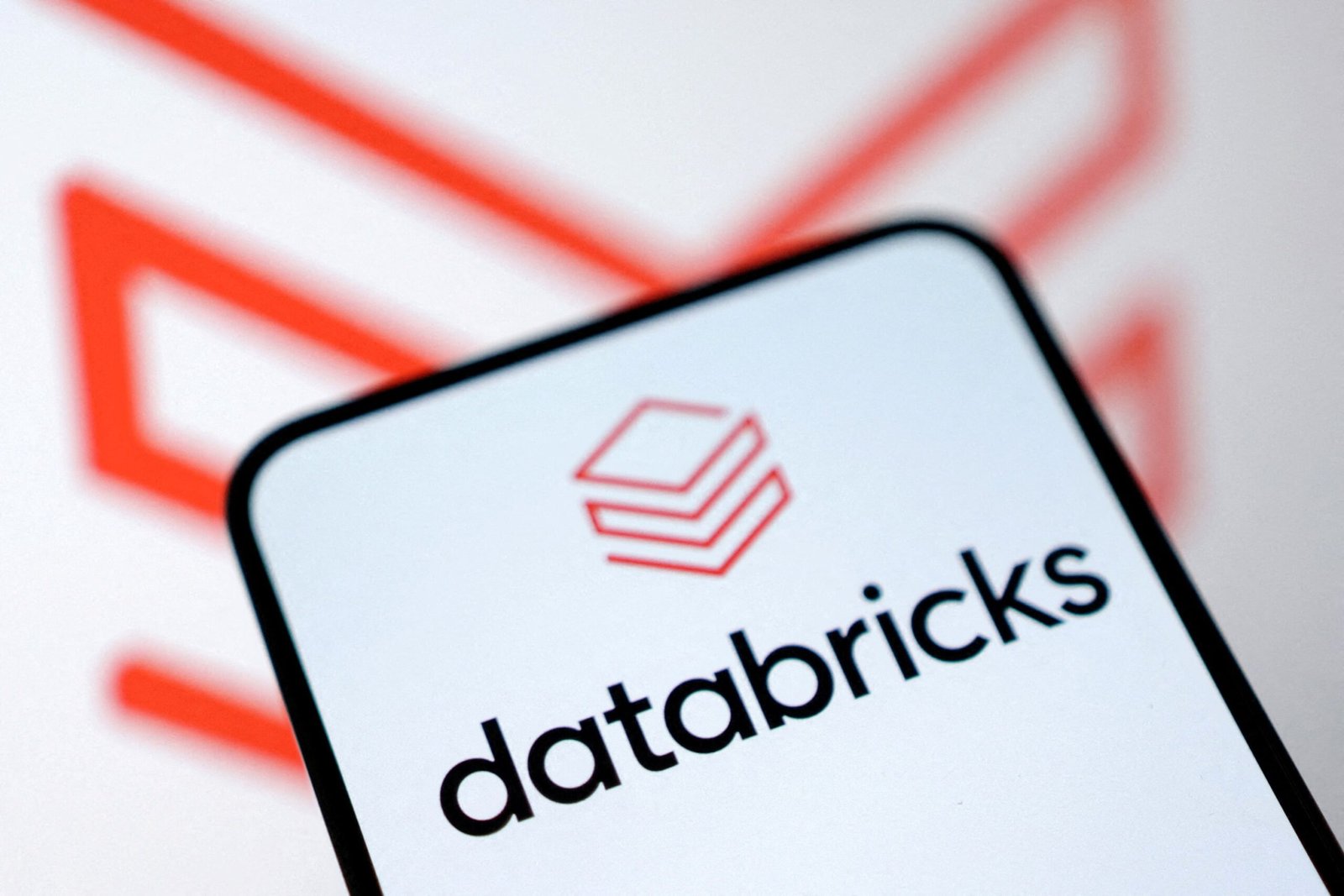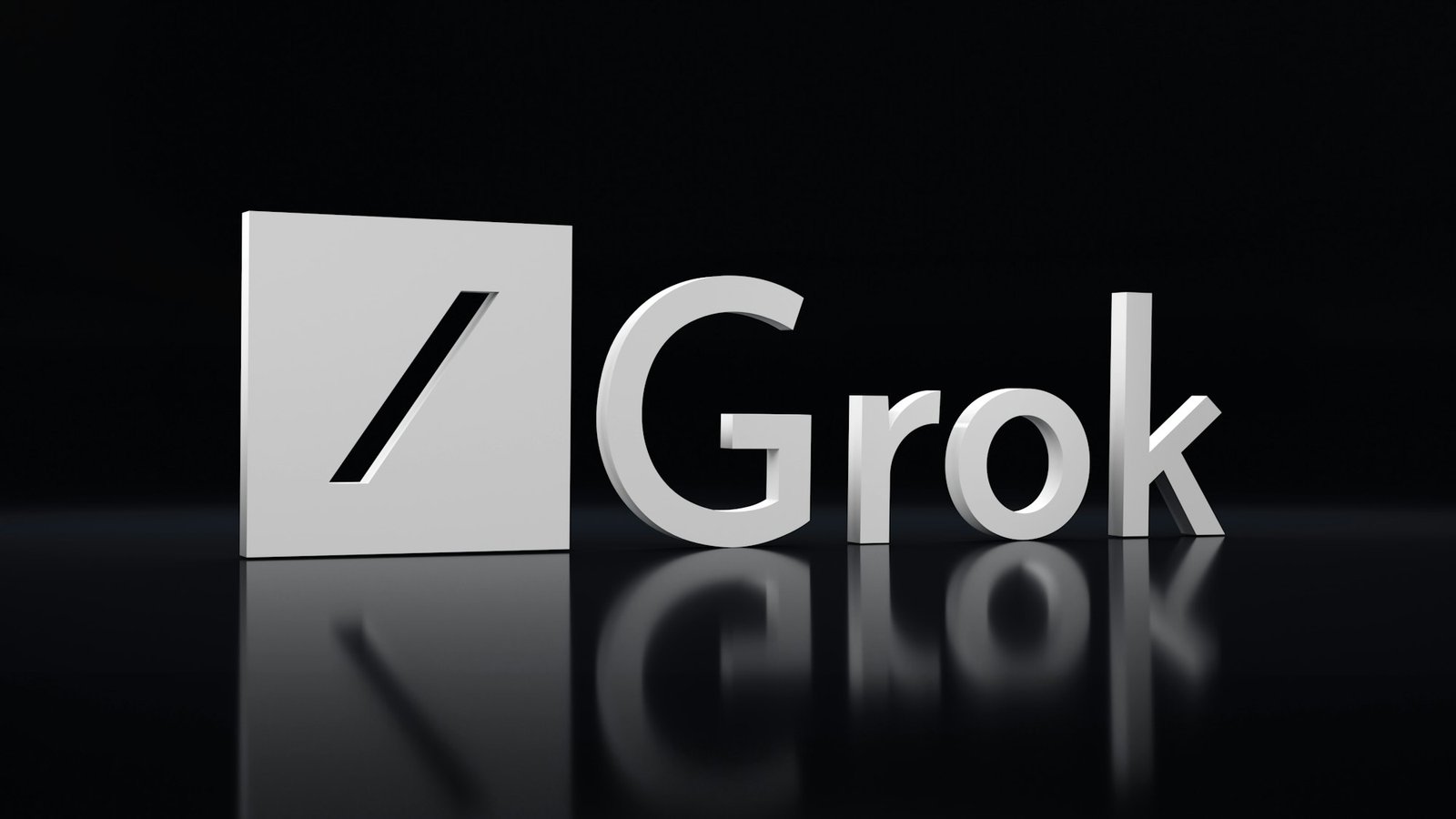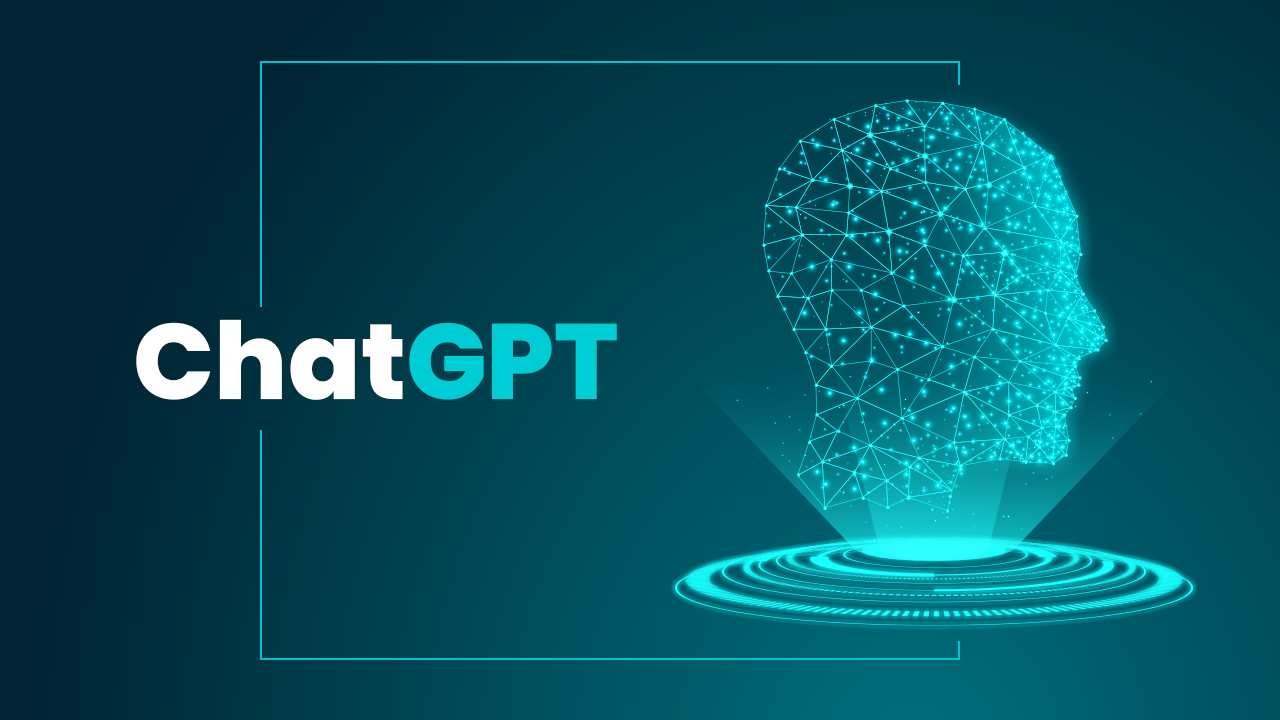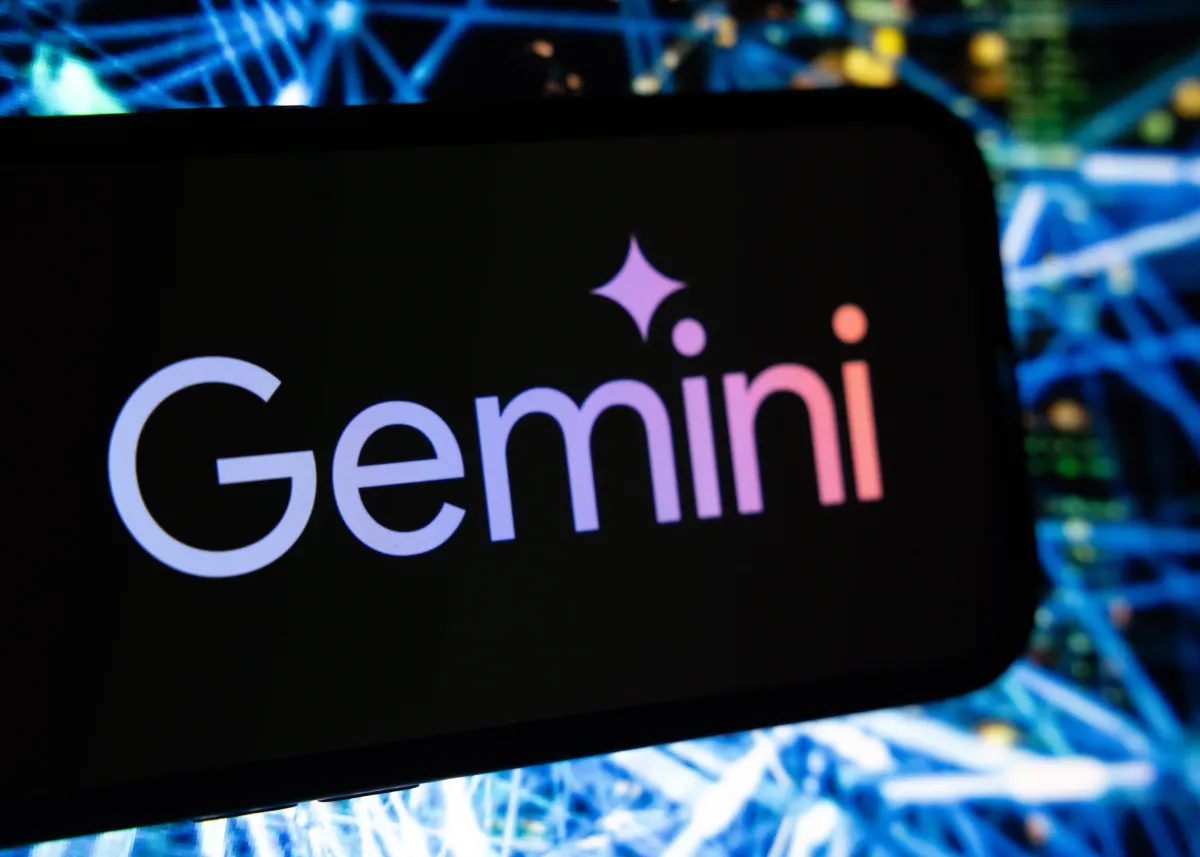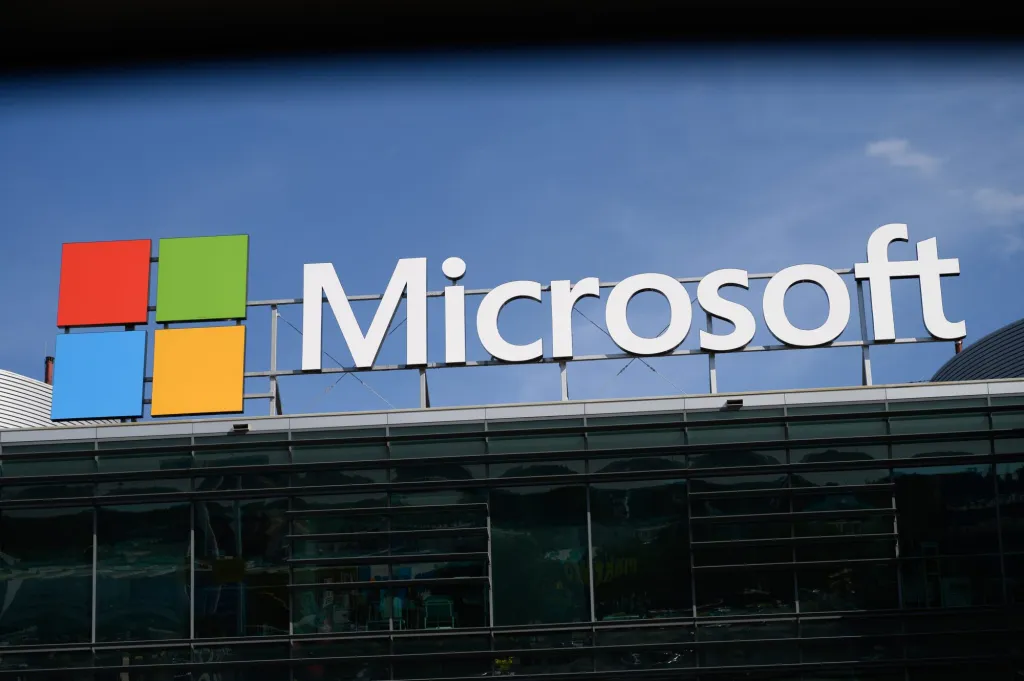Introduction Of LlamaCon
This week, Meta hosted its inaugural AI developer conference, LlamaCon, at its Menlo Park headquarters, and while the event spotlighted exciting new tools for developers and consumers alike, its underlying message was crystal clear: Meta is taking aim at OpenAI.

Table of Contents
Two major announcements led the charge. First, Meta introduced a standalone Meta AI chatbot app, designed for consumers and poised to rival OpenAI’s ChatGPT. Second, it unveiled a developer-focused API that gives direct access to its Llama models in the cloud—no third-party infrastructure required.LlamaCon
Both products serve Meta’s broader mission of expanding the reach of its Llama family of AI models. But beyond growth, Meta appears focused on positioning itself as the open alternative to OpenAI’s more guarded approach. In doing so, it’s hoping to galvanize an open-source AI ecosystem and shift momentum away from “closed” model providers.
The new Meta AI app blends utility with social interaction. It allows users not only to chat with AI but also to share those chats via a social feed—an apparent counter to rumors that OpenAI is working on a social AI platform of its own LlamaCon. The app also integrates with Meta’s broader ecosystem, personalising responses using data from a user’s activity across platforms like Instagram and Facebook.
For developers, the Llama API represents a streamlined path to building with Meta’s models. With just a line of code, developers can tap into the power of Llama in the cloud—no need to self-host or go through third-party platforms. It’s a direct challenge to OpenAI’s dominant API business model.LlamaCon

Meta’s rivalry with OpenAI is no secret. Internal documents from legal proceedings have revealed just how fixated Meta’s leadership has been on surpassing OpenAI’s GPT-4. And CEO Mark Zuckerberg has made it clear that Meta’s strategy isn’t built around selling access to AI models, unlike OpenAI. In a letter published in July 2024, he emphasized that Meta’s goal is to support the broader open-source movement, not profit from restricting access.
Interestingly, some AI experts had hoped Meta would debut a cutting-edge reasoning model similar to OpenAI’s o3-mini during LlamaCon. That didn’t happen—but for Meta, dominating the leaderboard isn’t the only objective. During a fireside chat at the event, Zuckerberg reiterated his commitment to collaboration with other open model providers like DeepSeek and Alibaba’s Qwen. He argued that open ecosystems empower developers to combine the best features from various models and build more customized, effective tools.
“Open source lets you mix and match,” he said. “If another model is better at something, you can use it. That’s the strength of an open ecosystem—it’s adaptable, and ultimately, I believe it will outperform closed models.”
Regulatory incentives may also be motivating Meta’s push. Under the EU AI Act, companies offering truly open and free AI systems stand to benefit from special treatment. Meta insists that its Llama models are “open source,” though some in the tech community dispute whether they fully meet that definition.
Regardless of whether the primary driver is competition, compliance, or ideology, Meta’s strategy is clear: it wants to grow the open AI community and slow OpenAI’s dominance. Even if that means forgoing flashy model launches, Meta appears willing to play the long game—betting that openness, in the end, will win out.
Discover more from Digismarties
Subscribe to get the latest posts sent to your email.


